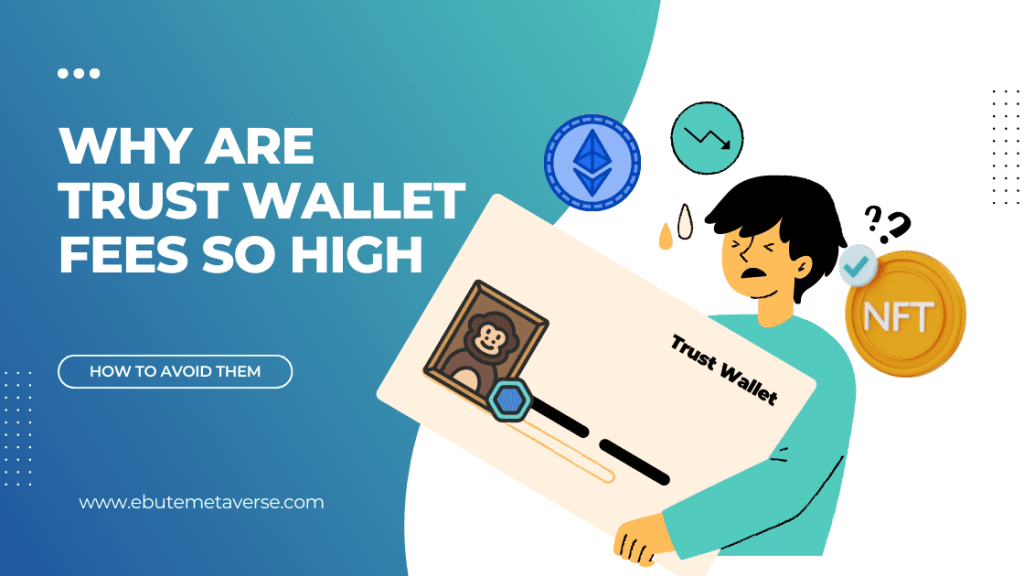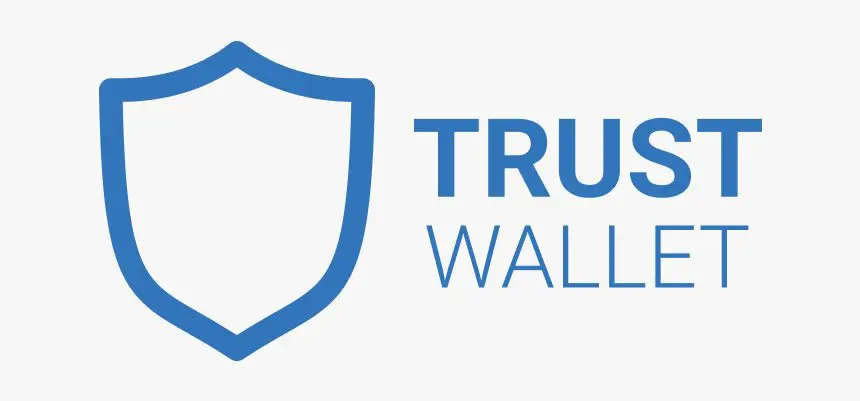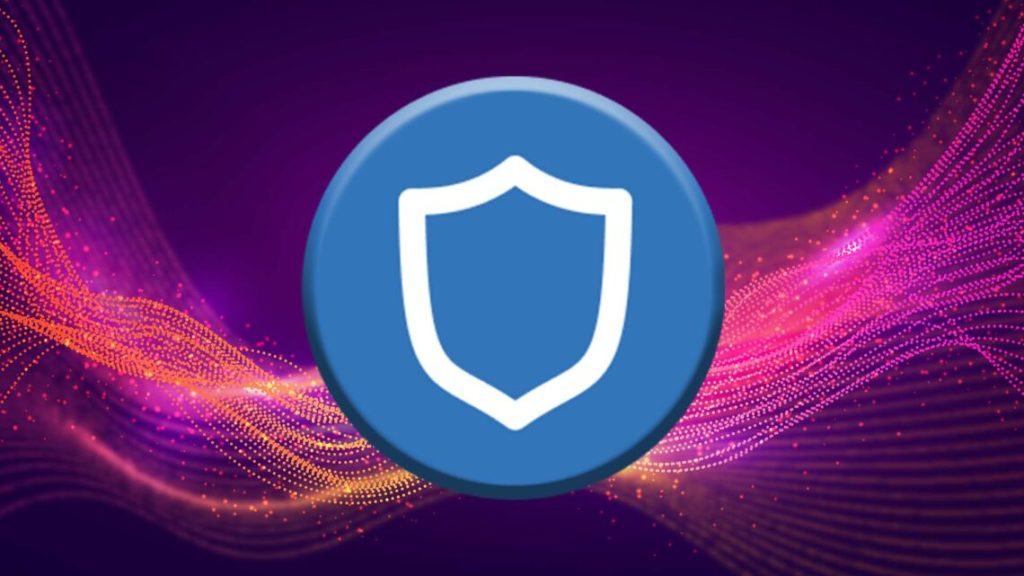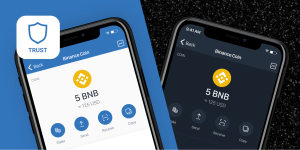How much does Trust Wallet charge?
Trust Wallet does not charge any fees for using the app itself. However, transaction fees (network fees) apply when sending or receiving crypto, which are set by the blockchain network, not Trust Wallet.

Trust Wallet Fees Explained: What You Need to Know
Are There Any Hidden Fees with Trust Wallet?
- No Hidden Fees: Trust Wallet itself does not charge any hidden fees for using the wallet, storing crypto, or transferring between wallets.
- Free to Use: The app is free to download and does not have subscription costs or in-app charges for regular wallet activities.
- Third-Party Fees May Apply: Although Trust Wallet doesn’t impose fees, you may encounter fees from third-party services, such as exchanges or crypto purchase platforms, when buying, selling, or transferring crypto.
How Trust Wallet Handles Transaction and Network Fees
- Network Fees (Gas Fees): Trust Wallet charges no transaction fees, but when you send crypto, you pay blockchain network fees (known as “gas fees”). These fees are paid to the network miners/validators for processing transactions.
- Fee Amount Depends on Blockchain: The transaction fees vary depending on the blockchain you are using. For example, Ethereum transactions often have higher gas fees compared to Binance Smart Chain or other networks.
- Adjustable Fees for Faster Transactions: Some networks allow users to adjust gas fees. For quicker processing, you can choose to pay higher fees; for slower processing, you can reduce the fee. Trust Wallet provides a fee slider to help with this.
Understanding Network Fees on Trust Wallet
What Are Blockchain Network Fees?
- Transaction Processing Costs: Blockchain network fees, also known as “gas fees,” are charges paid to miners or validators for processing transactions on a blockchain. These fees ensure that your transaction is confirmed and added to the blockchain.
- Varies by Blockchain: The fees depend on the blockchain you’re using. For example, Ethereum has higher gas fees during congestion, while other blockchains like Binance Smart Chain have lower fees.
- Fee Payment in Cryptocurrency: Network fees are typically paid in the same cryptocurrency being transacted. For example, if you’re sending Ethereum (ETH), you’ll pay the network fee in ETH.
How to Minimize Network Fees When Using Trust Wallet
- Choose the Right Blockchain: If possible, choose a blockchain with lower fees. Binance Smart Chain (BSC) and Solana, for example, often have much lower transaction costs compared to Ethereum.
- Timing Your Transactions: Fees can fluctuate based on network congestion. Transactions made during off-peak hours typically have lower fees. Use blockchain explorers like Etherscan to monitor network activity and choose the best time to send funds.
- Adjust Gas Fees: Trust Wallet allows you to adjust the gas fee manually when sending crypto. By lowering the fee, you can save money, but this may result in slower transaction times. Conversely, higher fees may ensure faster processing.

How to Avoid Extra Charges When Using Trust Wallet
Tips for Reducing Transaction Costs
- Use Low-Fee Blockchains: Select blockchains with lower transaction fees, such as Binance Smart Chain (BSC) or Solana. These options typically cost much less than Ethereum, especially during high network activity.
- Avoid Frequent Small Transactions: Make fewer but larger transactions instead of multiple small ones. Each transaction incurs a network fee, so consolidating transfers can save you money in the long run.
- Use Peer-to-Peer Services: If possible, consider using P2P (Peer-to-Peer) platforms for transferring crypto, as they often allow for fee-free or low-fee transactions. Just ensure you’re using reputable services to avoid scams.
Is There a Way to Lower Gas Fees on Trust Wallet?
- Adjust Gas Fee Settings: Trust Wallet allows you to adjust the gas fee manually when sending cryptocurrency. You can choose a lower fee, but keep in mind this may result in a slower transaction. For faster confirmation, you may need to pay a higher fee.
- Time Your Transactions: Gas fees fluctuate depending on network congestion. If you wait for less active times, you can avoid higher fees. Monitoring blockchain congestion can help you identify the best time to send your crypto.
- Use Layer-2 Solutions: Some blockchains offer Layer-2 solutions (like Optimism or Arbitrum on Ethereum), which provide lower fees for transactions. These solutions are available on certain exchanges and might be supported by Trust Wallet for specific tokens.

Does Trust Wallet Charge Fees for Storing Crypto?
Are There Any Fees for Holding Assets in Trust Wallet?
- No Storage Fees: Trust Wallet does not charge any fees for holding or storing your crypto assets. You can keep your cryptocurrencies in the wallet without worrying about ongoing charges.
- Free Wallet Access: Trust Wallet is a non-custodial wallet, meaning it doesn’t charge fees for holding your assets. You maintain full control of your private keys and funds.
- No Monthly Subscription: Unlike some other wallets or platforms, Trust Wallet does not require a subscription or monthly fees to access or use your stored assets.
How Trust Wallet’s Storage Works Without Extra Costs
- Secure Local Storage: Your crypto assets are stored securely on your device, not on any centralized server, ensuring that Trust Wallet doesn’t incur additional costs for maintaining data storage.
- No Account Fees: There are no account maintenance fees associated with Trust Wallet. You can store multiple cryptocurrencies without facing any fees, regardless of the amount or the duration.
- Private Key Control: Trust Wallet gives you full control over your private keys. This decentralization ensures no third parties or service providers charge you for storing your assets.

Transaction Fees for Sending Crypto via Trust Wallet
Why Do You Pay Fees When Sending Crypto from Trust Wallet?
- Blockchain Network Costs: When you send crypto from Trust Wallet, the fee you pay is a transaction fee required by the blockchain network. This fee compensates miners or validators for processing and confirming the transaction on the blockchain.
- Preventing Spam: Fees help prevent spam transactions on the network. By charging a fee, blockchain networks ensure that only legitimate transactions are processed, maintaining network efficiency.
- Dynamic Fees Based on Demand: The transaction fee fluctuates depending on network demand. If there is high traffic on the blockchain, the fees may rise to prioritize faster processing.
How Are Sending Fees Determined on Trust Wallet?
- Network-Specific Fees: Trust Wallet does not set the transaction fees; they are determined by the blockchain network you’re using. For example, Ethereum has higher gas fees compared to other networks like Binance Smart Chain.
- Transaction Size and Complexity: Fees also depend on the size and complexity of your transaction. Larger or more complex transactions (e.g., using smart contracts) may incur higher fees due to the increased computational effort required.
- Customizable Gas Fees: Trust Wallet allows users to adjust gas fees manually when sending crypto. You can select a lower fee for slower processing or a higher fee for faster transaction confirmation.





